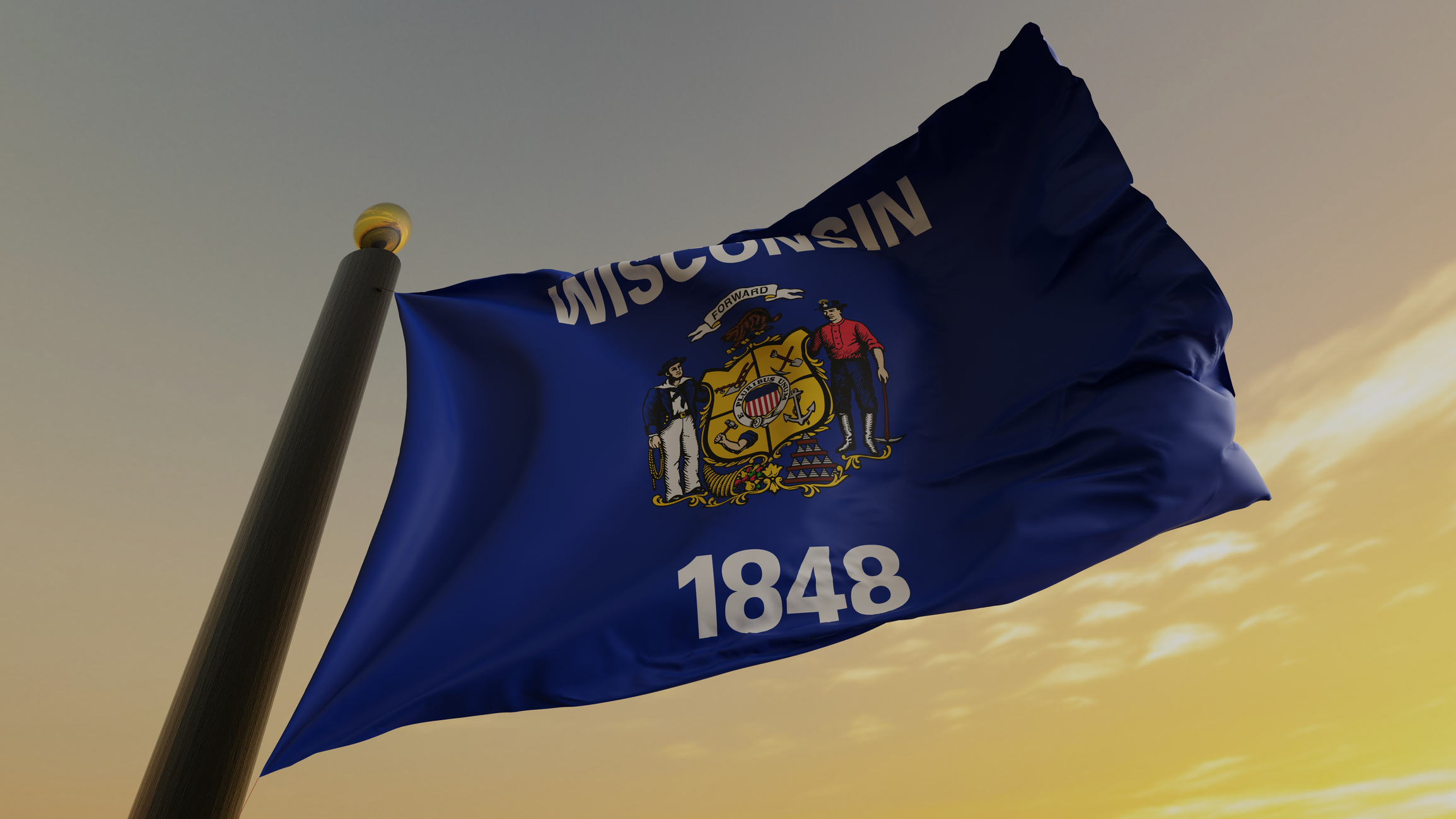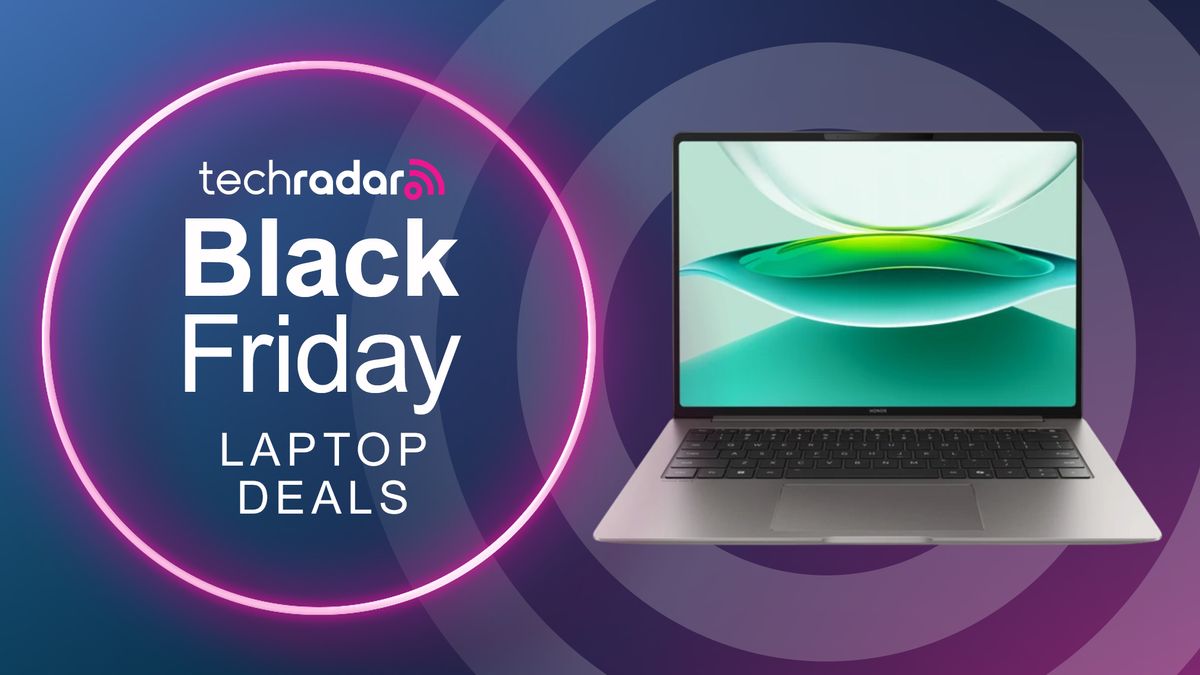The rollout of age verification laws is one of 2025’s biggest digital privacy stories — particularly in the United States and the United Kingdom.
The restrictions are in place to protect children from accessing "adult-only" sites, but privacy advocates have warned that handing out personal information to third parties to access sensitive content could create more problems than it solves.
To protect their data and digital privacy, people are increasingly turning to VPNs. Unsurprisingly, though, lawmakers in Wisconsin aren’t pleased about it and have drafted a bill (called Wisconsin AB 105/SB 130) that could make it illegal to use a VPN to access adult content.
For the time being, VPNs are still a great way to shore up your online security in Wisconsin. So we’ve rounded up the best VPNs with the best Black Friday VPN deals to help you stay secure for less.
Can I trust a VPN with my data?
If you’re wary of third-party data handlers, you might wonder what makes VPNs different. Can they be trusted with identifiable information?
As is often the case, it depends on the VPN. We only recommend secure VPNs and typically suggest sticking to paid providers.
Legitimate VPNs don’t keep logs of what you do online or store any data that could be traced back to you or used to build a profile of your activity. The same can’t be said for unsafe VPNs. Their encryption is often weak, leaving your data vulnerable to interception, and the worst VPNs will even collect and sell your information to data brokers to turn a profit.
This is especially true of free VPNs (though there are a few secure exceptions). Running and managing a VPN service is costly, after all, and if users aren’t paying with a subscription, they’re often paying with their privacy (and data).
A recent report from Zimperium zLabs claimed that a huge portion of free Android and iOS VPNs are categorically untrustworthy. They were found to use outdated code and request an excessive amount of permissions.
Plus, back in April, the Tech Transparency Project (TTP) investigated the top 100 free VPN apps on the US App Store, revealing that millions of users had sent their data to China without realizing it.
Still, despite their risky nature, free VPNs are always going to be a tempting option. A TechRadar survey conducted in May even confirmed that almost 1 in 4 readers still used free VPNs.
If you want to be certain that you’ve picked a VPN (free or paid) that you can trust with your data, here’s what it needs to have:
- Regular audits of its no-logs policy
- A privacy policy that’s easy to read and that clearly states what data is collected, why, and how it’s stored
- Modern VPN protocols, like OpenVPN and WireGuard
- Well-implemented encryption, usually AES-256
- Core security tools, like a kill switch, obfuscation, and even multi-hop










 English (US) ·
English (US) ·